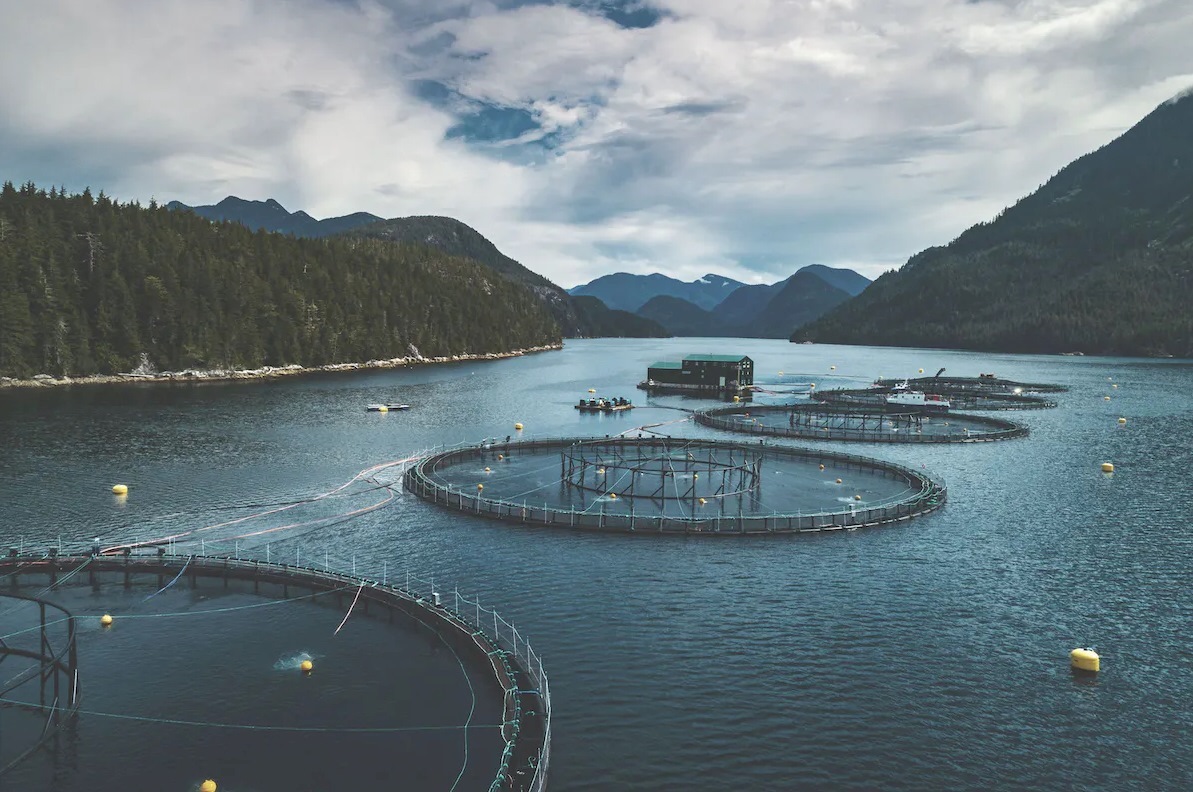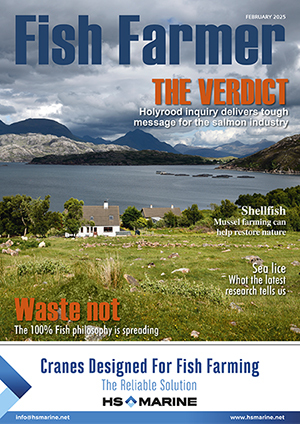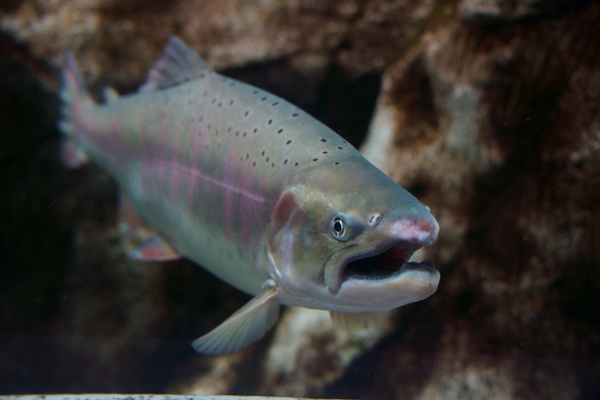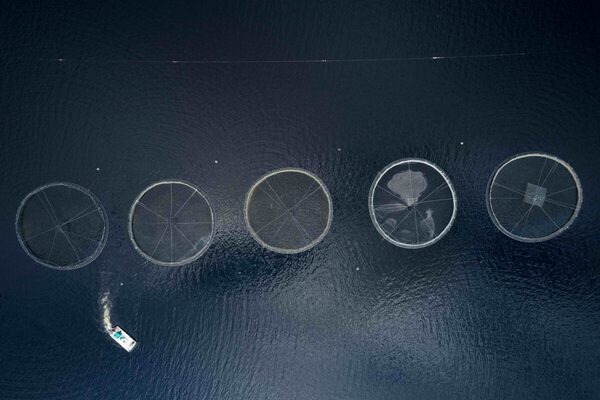Grieg to cut back on Canada plans as losses rise
Grieg Seafood announced today that it is scaling back its investment in Canada as losses continued to mount for the group.

Grieg said that political uncertainties and operating conditions had triggered impairment of its Canadian assets, totalling NOK -1.7 bn ( a loss of around £121.5m). It now intends to curtail growth and investment in Newfoundland and put strategic investments on hold in British Columbia.
Presenting its 2024 fourth quarter results, the company now plans to concentrate on Norway, where results are far more sound.
The overall Q4 group operational EBIT recorded a loss of NOK 74 million (£5.2m) up from a loss of NOK 67 million (£4.8m) a year ago, but the “profit” before tax figure was minus or loss of NOK 1,590 million (-£113m).
The harvest volume was up by almost 1,800 tonnes to 23,551 tonnes on revenues of NOK 2,249 million (£160m).
There was brighter news with stable and good growth in Rogaland and Newfoundland, improved biological production in British Columbia, but Finnmark was impacted by string jellyfish attacks triggering a cost increase of NOK 75 million (£5.3m) . There was good production at the other sea sites.

Grieg CEO Andreas Kvame reported that the fourth quarter continued to bring difficult operating conditions and adverse biological events in Finnmark.
He said: “In Canada, we maintained a cautious approach in British Columbia given the persisting political uncertainty and worked to find a good way forward for our operations in Newfoundland.
“Due to changes and uncertainty in Canada we have recognised impairment losses of NOK 1, 737 million.
“Overall, we delivered slightly lower harvest volumes than expected and report an operational EBIT-loss of NOK 74 million for the quarter.
“Operational EBIT for the full year 2024 was NOK 8 million, (£550,000) compared with NOK 780 million (£55.7m) in 2023.
“That is not satisfactory. We have a great asset base but are currently not capturing the full value potential.”
Kvame said the operational and biological challenges Grieg has experienced, have negatively affected company results and cash flow, at the same time as the company is running capital intensive post-smolt programmes to support growth capabilities.
He said: “In combination, this has put strains on our liquidity position and financial flexibility. Acknowledging the need for action, we have launched a transformation program to lay the financial and organisational foundation for profitable and sustainable growth going forward.
“This includes reallocating resources towards our strong Norwegian assets base, while maintaining our position in Canada, efforts to secure financial strength, and sharpening of the operational initiatives we are running. We will be focusing our efforts on sustainable and profitable growth in our Norwegian operations while protecting the value of our Canadian assets.”
“This requires a solid balance sheet and strong financial fundament, and we are contemplating issuing a NOK 1.5-2.0 billion hybrid bond loan that will add to equity and strengthen financial flexibility.
“We have also progressive dialogues for a sale-leaseback of our smolt /post-smolt facilities in Finnmark, which will further strengthen our liquidity position.”
He concluded: “We are building on a strong asset base with fundamentally sound biology in Norway and enter 2025 with a higher biomass than ever before in both Rogaland and Finnmark.
“Rogaland is consistently delivering operational and financial performance in line with leading peers, and we have high ambitions as we now are deploying the same operating model in Finnmark. This should enable us to deliver stronger financial results more in line with our long-term strategic ambitions and aspirations.”
Grieg Seafood shares plunged by more than 20% on the Oslo Stock Exchange today following publication of the results.




